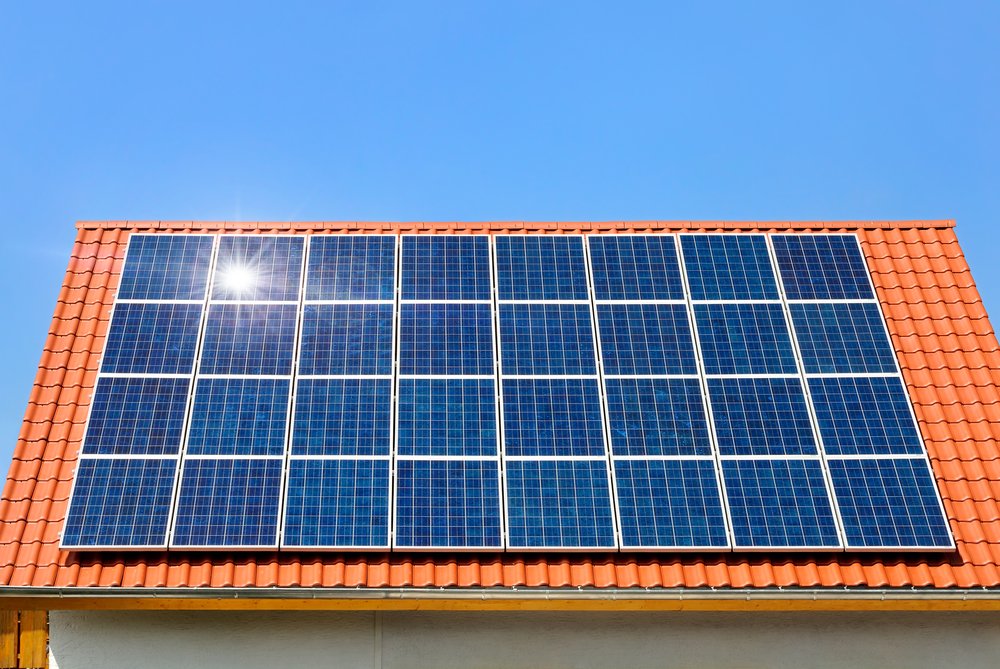The Total Overview to Solar Power Installation: Conserve Money and Go Environment-friendly
Checking out the subtleties of solar power setup exposes a multifaceted approach to both cost financial savings and environmental duty. House owners are progressively taking into consideration solar power not only as a feasible alternative yet as a strategic financial investment that can produce significant long-lasting advantages. Nevertheless, the process entails careful factor to consider of numerous variables, consisting of system selection and setup treatments. Recognizing these components is crucial for making the most of performance and cost savings. What certain actions should one require to make sure an effective change to solar power, and how can monetary rewards further improve this endeavor?
Benefits of Solar Power
The expanding fostering of solar power reflects a significant shift toward sustainability and environmental duty. One of the key advantages of solar energy is its ability to reduce dependence on nonrenewable fuel sources, bring about reduced greenhouse gas emissions. By utilizing the sunlight's power, individuals and services can add to a cleaner environment and minimize the unfavorable results of climate change.
In addition, solar power can lead to considerable financial savings. As soon as set up, photovoltaic panels considerably lower electrical energy bills, as they create energy from an eco-friendly source. Lots of federal governments additionally use rewards, discounts, and tax obligation credit histories to urge solar adoption, better enhancing economic feasibility.
An additional notable benefit is power self-reliance. Solar energy systems permit house owners and businesses to create their very own electrical power, decreasing susceptability to varying energy costs and supply interruptions. Furthermore, solar power systems need very little upkeep, converting to reduced lasting functional expenses.
Picking the Right Solar System

Solar systems vary substantially in cost depending on their kind, size, and efficiency. Take into consideration possible funding alternatives such as financings, leases, or power acquisition arrangements (PPAs) that may alleviate upfront costs.
Available space is one more essential factor. Analyze your roof's alignment, angle, and shading, as these aspects can affect solar panel effectiveness. If roofing area is minimal or unsuitable, ground-mounted systems may be a viable choice.
It's essential to find out this here conduct thorough research study to understand the details motivations offered in your area, as they can differ commonly. Consulting with a solar setup professional can assist you navigate these choices efficiently, ensuring you maximize your cost savings while contributing to an extra sustainable energy future.
Maintaining Your Solar System
Efficient upkeep is crucial for ensuring the long life and optimum performance of your solar power system. Normal upkeep can assist stop small concerns from rising into costly repair work and ensure optimal power efficiency.
Start with regular examinations of your photovoltaic panels, ideally every 6 months. Try to find dirt, debris, or any type of signs of wear and tear. best solar energy company in fort lauderdale. Cleaning up the panels, specifically in locations prone to dust or bird droppings, can considerably improve power production. Use a soft brush and moderate detergent to avoid harming the surface.
Following, monitor the inverter. This element converts solar power into useful electrical energy and ought to be examined monthly. Many contemporary inverters have keeping an eye on systems that signal you to efficiency concerns, enabling for prompt treatment.
Furthermore, examine the electrical wiring and connections for any type of indications of corrosion or damages, as these can cause lowered effectiveness or system failing. Think about professional upkeep solutions each year for a thorough exam.
Verdict
Finally, the adoption of solar power provides significant advantages, consisting of decreased power costs and a favorable ecological impact. Cautious factor to consider in choosing the appropriate solar system, paired with a clear understanding of the installation procedure, boosts the overall experience. Financial motivations and regular maintenance additionally add to the long-term advantages of solar power. Ultimately, accepting solar modern technology stands for a vital action toward sustainability and power self-reliance, promoting a greener future for all.